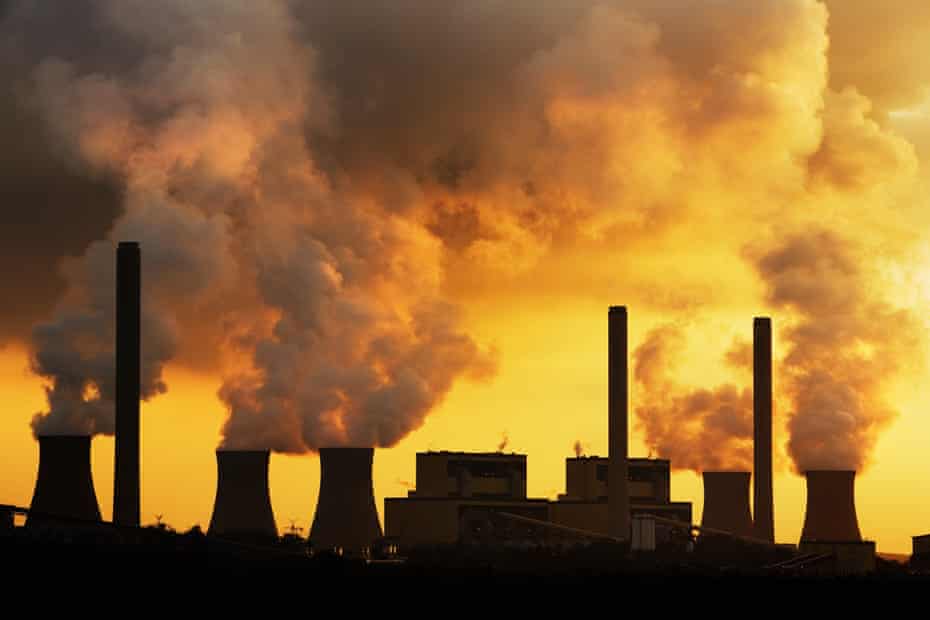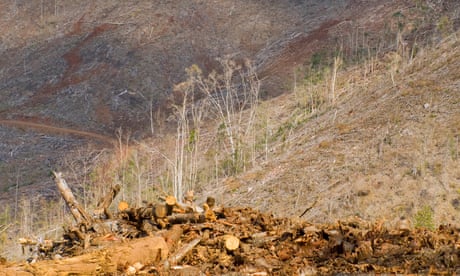Extract from The Guardian
Despite the growth of renewable energy, Australia’s per capita coal emissions of 4.04 tonnes a year is nearly four times the global average.

Fri 20 May 2022 03.30 AEST
Last modified on Fri 20 May 2022 03.32 AESTBut the data shows per capita greenhouse gas emissions from coal fell sharply last year, with a surge in solar and wind energy seeing per capita rates drop well below the average of the previous five years.
Australia is the second most coal-dependant country for power generation in the OECD, behind Poland, according to the data compiled by UK-based think tank Ember.

The Ember report says in 2021, emissions from coal amounted to 4.04 tonnes of CO2 for each person. The second-placed country was South Korea, with 3.18 tonnes a year, followed by China (3.06), South Africa (2.68) and the United States (2.23).
A previous Ember report said between 2015 and 2020, Australia’s per capita coal emissions had averaged 5.34 tonnes a year.
Even with this fall in Australia – which Ember put down to a rise in rooftop solar and wind power – the country was still the highest per capita coal emitter in both the G20 and the OECD.
Australia’s high per capita coal emissions is almost four times the global average and double the rate in the United States and Japan. Among OECD countries, only Poland used a higher percentage of coal for electricity than Australia.
While Australia’s solar boom was reducing coal use, there was still a long way to go, Ember’s global lead, Dave Jones, said.
“Burning coal on this scale is setting the stage for many fire seasons to come,” he said.
“The single biggest action the world can take to tackle the climate crisis is to rapidly transition away from antiquated coal power and towards the clean and renewables-based electricity system of the future.”
According to Ember, the share of the demand for electricity in Australia that was met by fossil fuels fell from 79% in 2019 to 70% in 2021. At the same time, wind and solar rose from 13% to 22%.
Earlier this week, the prime minister, Scott Morrison, declined to offer a timeframe for when he thought coal would be phased out, saying this would be decided by coal plant operators.
Morrison has previously said coal plants needed to run until the end of their lives, claiming prices always go up if coal plants close.
According to government projections released in October, under current policies, by 2030 some 69% of electricity generation in the National Electricity Market (excluding Western Australia and the Northern Territory) will come from renewables.
Labor’s pre-election Powering Australia Plan says renewables will generate 82% of electricity in the NEM by 2030.
Across the country, emissions from electricity account for 34% of greenhouse gas emissions – the largest single sector.
No comments:
Post a Comment